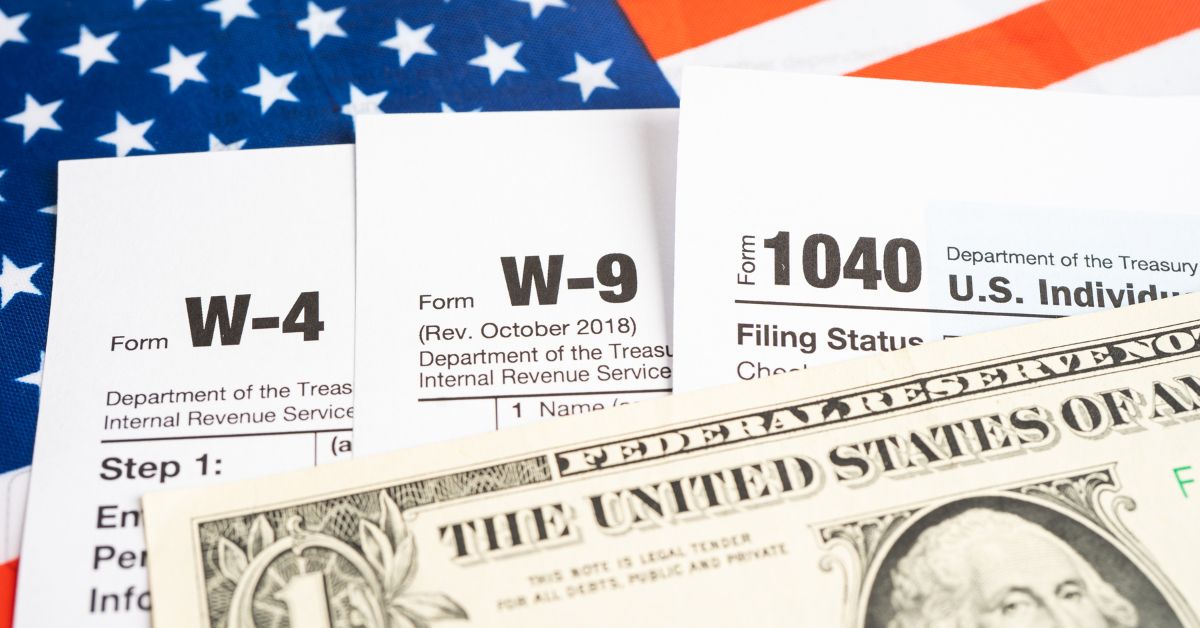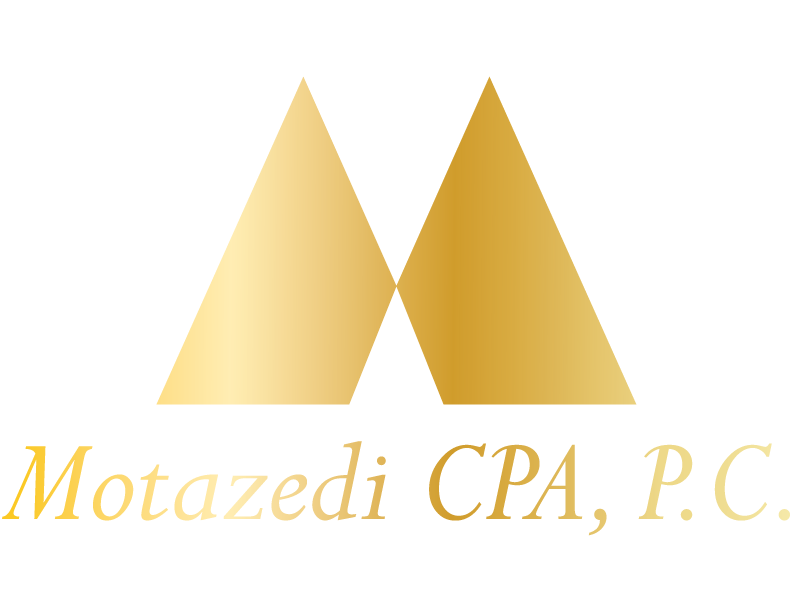Union dues taxes are an important topic for many union members. Unions play a critical role in protecting the rights and interests of workers, and dues are an essential part of funding these efforts.
With tax season upon us, it’s important to understand are union dues tax deductible. It means whether union dues can be claimed as a tax deduction and what factors come into play. In this blog, we’ll explore the rules and regulations surrounding union dues and tax deductions to help you make informed financial decisions.
Union Dues and Tax Deductions
A tax deduction is a sum of money you can take out of your taxable income in order to pay less in taxes overall. During your income tax return, you have the option of taking the standard deduction—a single, fixed-amount deduction—or itemizing deductions.
Union dues are regular payments made by workers to their labor union. It is used to fund the union’s activities and programs, such as collective bargaining negotiations, legal representation, and member services. Dues are typically a percentage of a worker’s income or a flat fee. It is required as a condition of union membership. Union dues allow workers to be represented and advocated for collectively, rather than negotiating with their employers as individuals.
Union dues deduction in taxes depends on several factors. To determine whether you are eligible for this or not, you have to know about these factors in detail.
Eligibility For Tax Deductions On Union Dues
Freelancers and business owners who are self-employed can deduct union dues on taxes. The purpose of this deduction is to provide financial support to individuals who must pay union dues in order to operate their businesses and to encourage employees to engage in collective bargaining.
But most of the employees working in the USA, less frequently are their dues tax deductible. According to the Tax Cuts and Jobs Act (TCJA), the majority of employees will no longer be able to deduct union dues on their federal tax returns from 2018 through 2025. IRS has issued this act.
There are a few exceptions for IRS union dues.
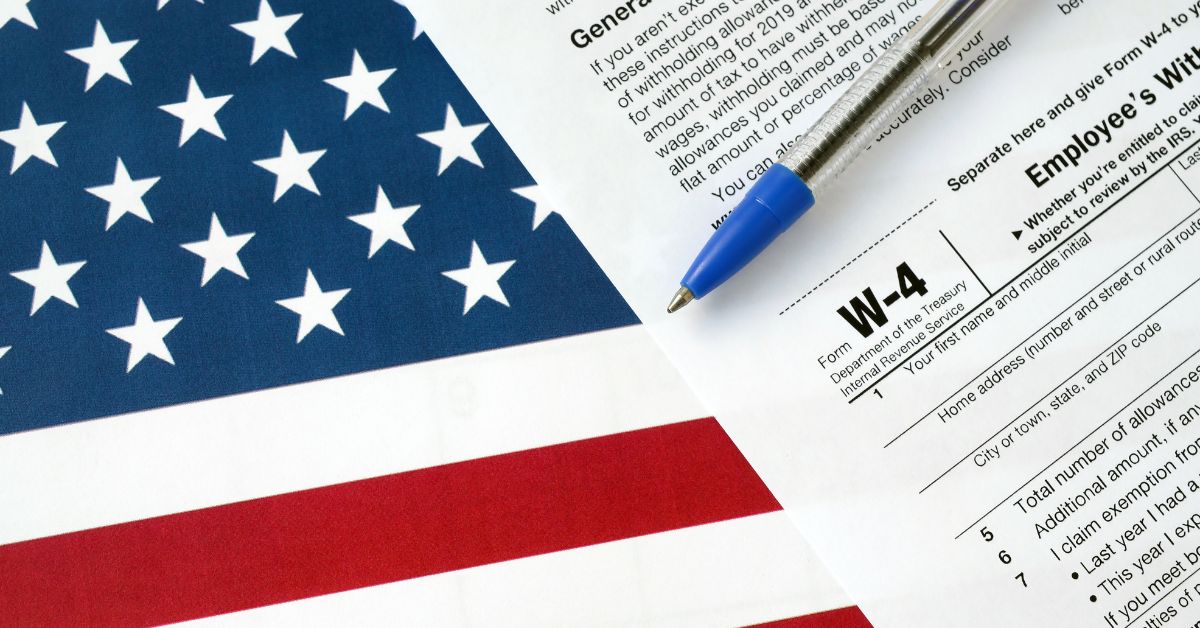
When Can Employees Deduct Union Dues?
There are two possible exclusions, one that solely applies to past due union dues and the other that covers current union dues.
1. When your line of work still permits compensation for business expenses
You may still be able to deduct certain full-time employee expenses such as union dues as an employee. If you are:
- Military reservist
- Professional performing artist
- State or municipal government employees paid on a fee basis
Using Form 2106, “Employee Business Expenses,” you can deduct your fees if this applies to you.
2. Prior to the TCJA, you paid union dues but never deducted them
If you aren’t a statutory employee and paid union dues before 2018, you can still deduct them by:
- Modifying your tax return (if you initially did not claim them)
- Submitting back taxes (if you didn’t file them at all)
An independent contractor who is solely classified as an employee for tax purposes is known as a statutory employee.
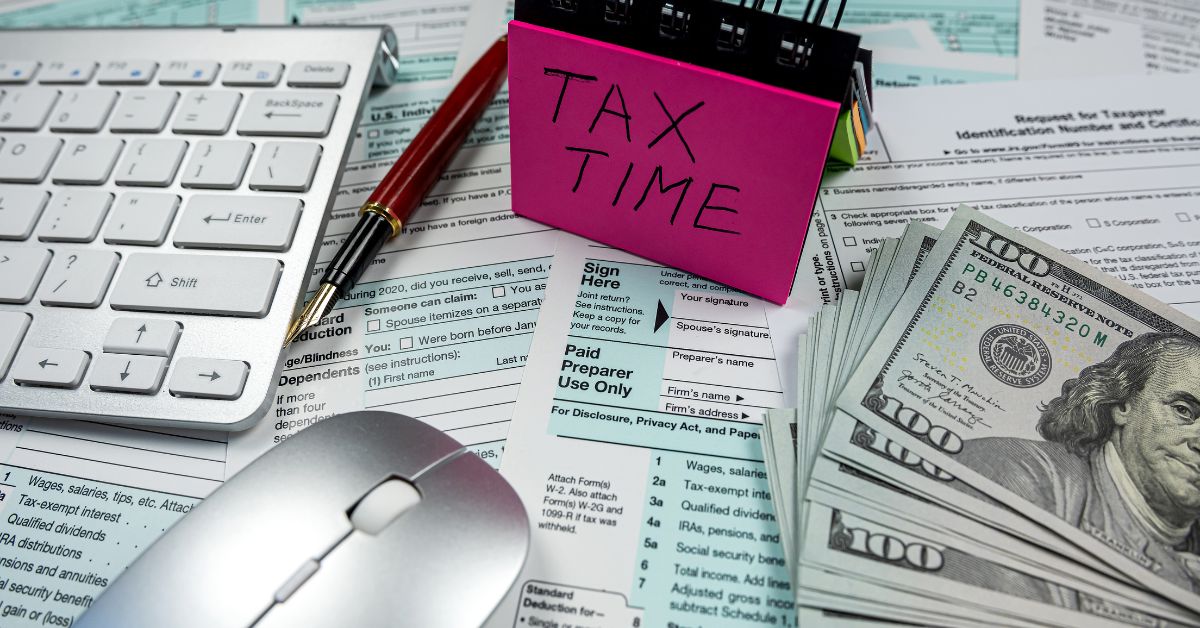
Which Union Dues Are Tax-Deductible?
Even if you work as a freelancer, your union dues only qualify as a tax deduction if:
- The union is a recognized trade association.
- The payments are a direct result of your business operations.
- The union dues are considered an “ordinary and necessary” business expense, which means they are useful for operating your business and are customary in your industry.
Examples of union dues write-offs:
Some examples of people who would be able to deduct their union dues:
- A freelance writer who is a member of the National Writers Union and pays $250 in union dues annually.
- A freelance graphic designer who is a member of the Graphic Artists Guild and pays $200 in union dues annually.
- A freelance translator who is a member of the American Translators Association and pays $150 in union dues annually.
- A freelance photographer who is a member of the Professional Photographers of America and pays $300 in union dues annually.
- A freelance web developer who is a member of the International Association of Web Designers and Developers and pays $175 in union dues annually.
- A freelance musician who is a member of the American Federation of Musicians and pays $350 in union dues annually.
- A freelance film editor who is a member of the Motion Picture Editors Guild and pays $225 in union dues annually.
- A freelance voice actor who is a member of the Screen Actors Guild and pays $200 in union dues annually.
- A freelance animator who is a member of the Animation Guild and pays $275 in union dues annually.
- A freelance journalist who is a member of the Society of Professional Journalists and pays $175 in union dues annually.
Determining your eligibility for the deduction of union dues is just the start. Keep note of all union membership payments to write them off. It is a very complicated job. That’s why most people consult CPA Firms like Motazedi CPA.
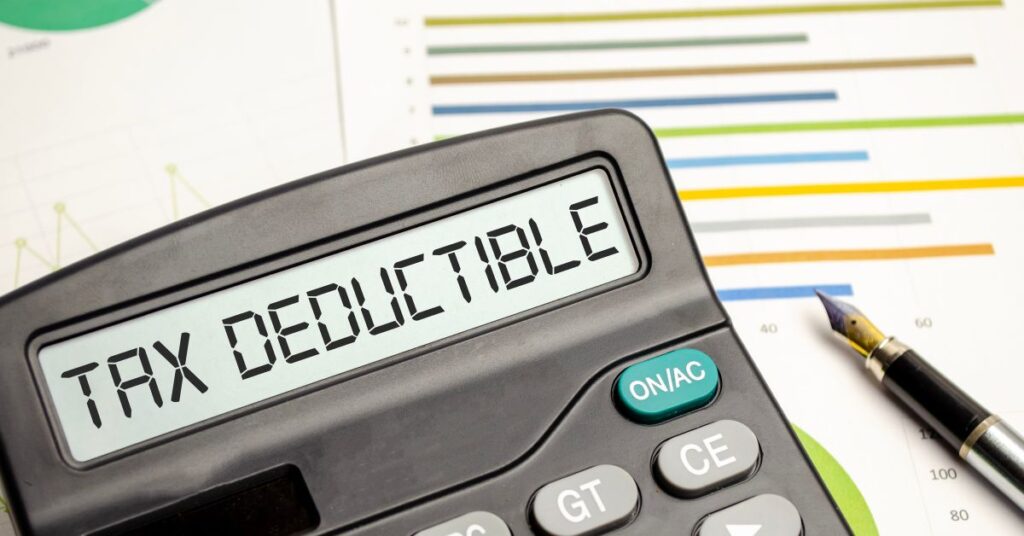
Which Union Dues Are not Tax Deductible
Even for independent contractors, there are some union dues that are not tax deductible.
These include past dues for:
- Waived
- Covered by a client or employer
- For mainly recreational or social purposes
- Paid to a union that isn’t specifically relevant to your line of work
Such as – a freelance journalist who pays union dues for construction worker safety cannot write off those dues. If the same writer was a part-time building contractor, then his second job’s construction workers’ union dues would be deductible.
Frequently Asked Questions
Can I claim union dues on my taxes?
Union dues are deductible for self-employed people. But the majority of employees can no longer deduct union dues from their taxes.
Conclusion
So the question “Are union dues tax deductible?” has a complicated answer. Union dues are generally not tax-deductible for employees who are not self-employed. The reason for this is that union dues are considered a personal expense, rather than a business expense. Freelancers who are claiming union dues on taxes also have certain rules to follow. Still, it is a complex and sensitive issue.
Whether or not your union dues are tax-deductible depends on a variety of factors, including your employment status, the nature of your union, and the activities your union engages in. If you’re unsure whether you can deduct your union dues, it’s best to consult a CPA firm like Motazedi CPA for guidance.

